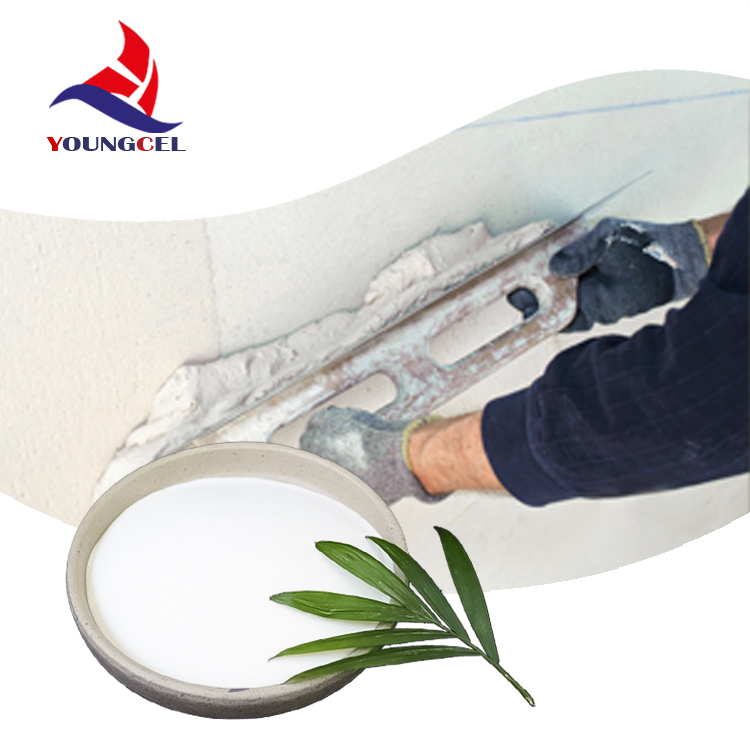Understanding Industrial Grade HPMC Properties, Applications, and Benefits
Hydroxypropyl Methylcellulose (HPMC) is a versatile cellulose derivative widely used across various industries, primarily due to its unique properties and utility. Industrial grade HPMC, in particular, is designed to meet the demands of diverse applications while ensuring superior performance. This article explores the characteristics, applications, and benefits of industrial grade HPMC.
Properties of Industrial Grade HPMC
Industrial grade HPMC is characterized by its high purity and excellent performance in various conditions. It is a non-ionic, water-soluble polymer, which makes it highly compatible with a myriad of substances. One of its key features is its ability to form viscous solutions when dissolved in water. This property makes it an ideal thickening and stabilizing agent. Additionally, HPMC is known for its thermal stability, even at elevated temperatures, which further expands its functionality in industrial applications.
Another critical property of HPMC is its film-forming capability. When dried, HPMC can create a flexible and durable film, which is valuable in coatings and construction applications. This film also exhibits excellent water retention characteristics, making it effective in preventing moisture loss, a crucial factor in many industrial processes.
Applications of Industrial Grade HPMC
The applications of industrial grade HPMC are extensive and varied. In the construction industry, it serves as a key ingredient in cement, concrete, and mortar formulations. HPMC enhances workability and water retention in these mixtures, significantly improving their performance. It allows for better adhesion, reduced sagging, and improved finish quality, which can be critical in demanding construction environments.
industrial grade hpmc

In the pharmaceutical sector, HPMC is employed as a binder and controlled-release agent in tablet formulations. Its ability to form gels and regulate drug release rates makes it an invaluable excipient in drug manufacturing. Additionally, HPMC is utilized in the production of capsules, providing durability and stability to the final product.
The food industry also benefits from industrial grade HPMC, where it is used as a thickener, stabilizer, and emulsifier. It enhances the texture and consistency of various food products, ensuring quality and palatability. Moreover, HPMC is used in cosmetics and personal care products as a thickening agent and to improve the texture of formulations, ensuring a smooth application to the skin.
Benefits of Industrial Grade HPMC
The advantages of using industrial grade HPMC are numerous. Its versatility allows it to be employed across multiple sectors, providing a cost-effective solution for various formulation challenges. The excellent water retention and viscosity control properties enhance the overall quality of products, ensuring that they perform effectively in their intended applications.
Furthermore, HPMC is a non-toxic, biodegradable material, making it a suitable choice for companies looking to reduce their environmental impact. As industries increasingly prioritize sustainability, the use of HPMC aligns with these goals, offering a more eco-friendly alternative to synthetic additives.
In conclusion, industrial grade HPMC is a powerful tool in a wide range of applications, from construction to pharmaceuticals and food products. Its unique properties, combined with the growing demand for sustainable materials, ensure that HPMC will remain a vital component in industrial processes for years to come.
-
Rdp Powder: Key Considerations for Wholesalers in the Building Materials IndustryNewsJul.08,2025
-
Key Considerations for Wholesalers: Navigating the World of Hpmc - Based ProductsNewsJul.08,2025
-
Hpmc Detergent: Key Considerations for WholesalersNewsJul.08,2025
-
Key Considerations for Wholesalers: China Hpmc For Tile Adhesive, Coating Additives, Concrete Additives, and MoreNewsJul.08,2025
-
Crucial Considerations for Wholesalers: Navigating the World of Construction MaterialsNewsJul.08,2025
-
Key Considerations for Wholesalers Sourcing Additive For Cement, Additive For Concrete, Additive For Putty from Additive Manufacturer Shijiazhuang Gaocheng District Yongfeng Cellulose Co., Ltd.NewsJul.08,2025




